Discoveries
-

Explaining Cardiac Arrhythmia
Explaining Cardiac Arrhythmia The KCNQ1 potassium channel, in complex with the KCNE1 regulatory protein, is responsible for a delayed outward flow of potassium ions during the repolarization phase of the cardiac myocyte action potential. Mutations that result in loss of function (LOF) of KCNQ1 are associated with type 1… Read MoreMar. 8, 2018
-

Cholesterol’s Role in the Response to Graphene
Cholesterol’s Role in the Response to Graphene Due to its interesting array of physical and chemical properties, graphene is the focus of exciting new applications in biomedical research, drug delivery, neuroprosthetics, and tissue engineering. However, little is known about how graphene interacts with cells or its potential toxicity. Prior… Read MoreMar. 7, 2018
-
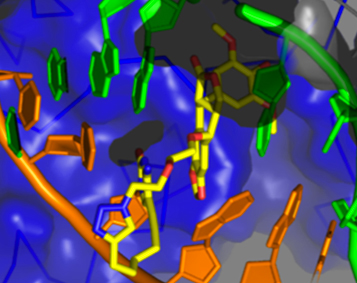
Targeting Topoisomerase II Inhibitors
Targeting Topoisomerase II Inhibitors Topoisomerases are critical enzymes during DNA replication and transcription, as they are responsible for untangling the knots and twists that can form as DNA is unwound and rewound during these processes. Type II topoisomerases accomplish this task by making a temporary double stranded break… Read MoreFeb. 26, 2018
-
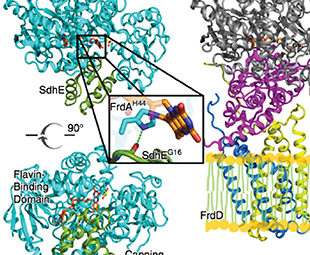
Path to Flavinylation
Flavin-containing cofactors play an important role in many enzymatic biochemical reactions that involve electron and/or group transfer. In some, but not all flavin-containing enzymes, the cofactor is covalently bound. This is not a trivial distinction, because covalent binding alters the redox potential of the flavin, a change frequently required… Read MoreFeb. 26, 2018
-

Targeting Topoisomerase II Inhibitors
Targeting Topoisomerase II Inhibitors Topoisomerases are critical enzymes during DNA replication and transcription, as they are responsible for untangling the knots and twists that can form as DNA is unwound and rewound during these processes. Type II topoisomerases accomplish this task by making a temporary double stranded break… Read MoreFeb. 26, 2018
-
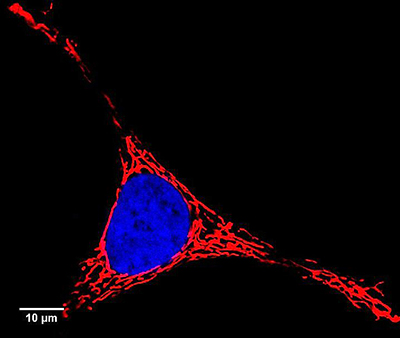
Linking Cell Differentiation, Death, and Mitochondrial Function
Linking Cell Differentiation, Death, and Mitochondrial Function We are only now beginning to understand the complex regulatory processes that control the differentiation of pluripotent stem cells (PSCs), and we know even less about how the differentiation process alters the structure and function of cellular organelles. Of particular interest in… Read MoreFeb. 15, 2018
-
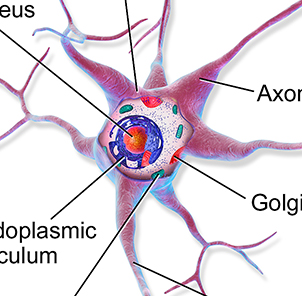
New Insights into Autism Spectrum Disorder
New Insights into Autism Spectrum Disorder Autism Spectrum Disorder (ASD) comprises a group of developmental disorders characterized by a wide range of symptoms, typically including impaired social interactions and excessive repetitive behaviors. Increasing evidence suggests that the pathophysiology of ASD involves an imbalance between two neuronal pathways, which are… Read MoreJan. 18, 2018
-
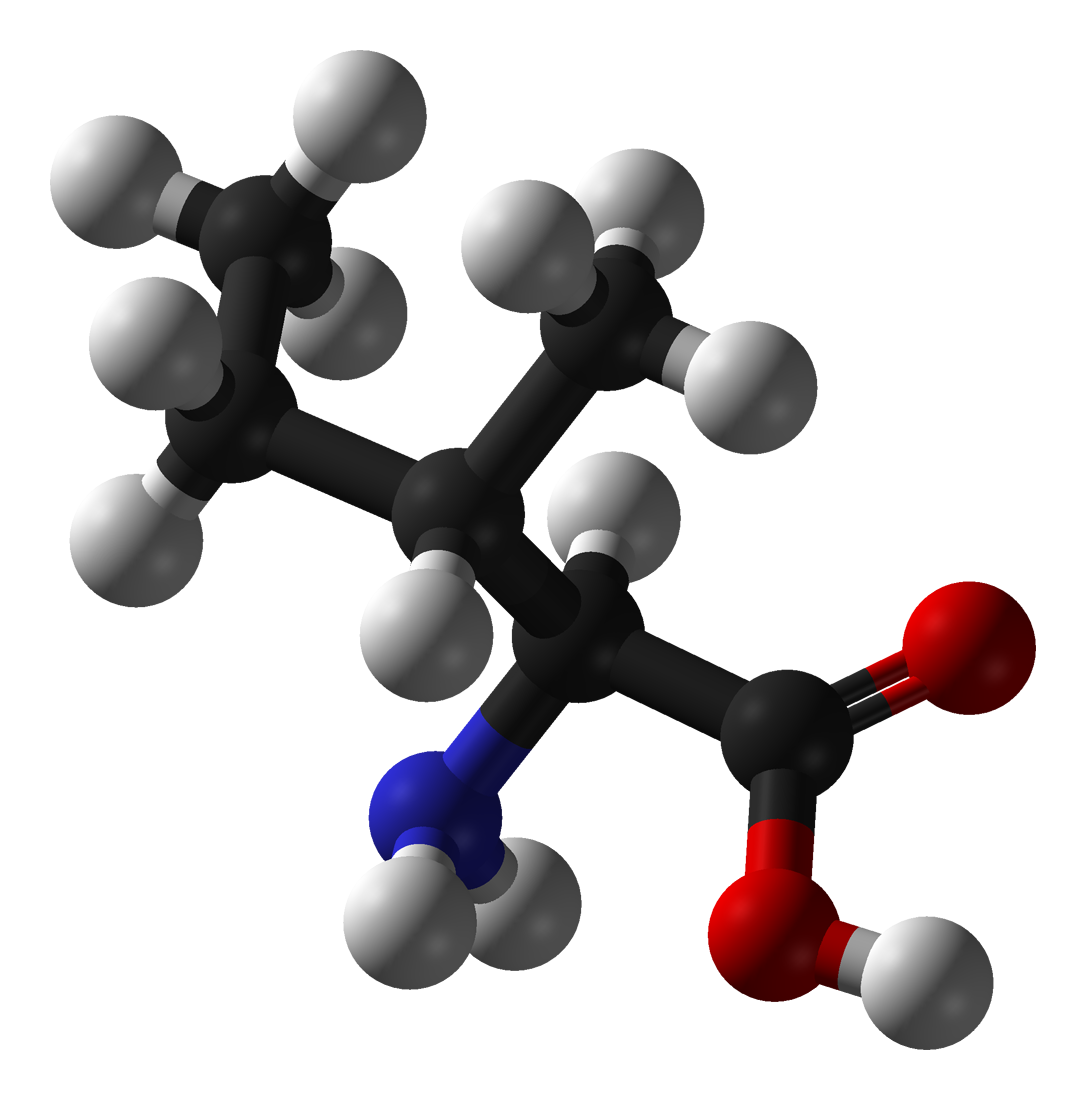
Multiplexing Natural Products Discovery
Multiplexing Natural Products Discovery An organism’s metabolome is the total of all the small molecules that it produces. Efforts to identify bioactive natural products in the metabolomes of microbes, plants, and other organisms are often thwarted by metabolome complexity and the heterogeneous nature of the cell populations to which… Read MoreJan. 18, 2018
-
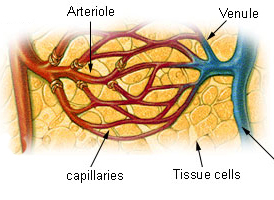
Escape of Insulin from Muscle Capillaries
Escape of Insulin from Muscle Capillaries Key to the maintenance of homeostasis in a complex, multicellular organism is inter-organ communication by means of molecular signals that are delivered via the circulation. However, to gain access to the target tissue, these molecules must be able to traverse the tightly adherent… Read MoreJan. 15, 2018
-

Preserving Neuronal Plasticity During Stress
Preserving Neuronal Plasticity During Stress The prefrontal cortex (PFC) of the brain plays a key role in higher order mental processes such as cognition, motivation, attention, and memory. Stress can alter synaptic transmission in the PFC, and these changes may exacerbate symptoms of many psychiatric disorders. Glutamate is the… Read MoreJan. 12, 2018